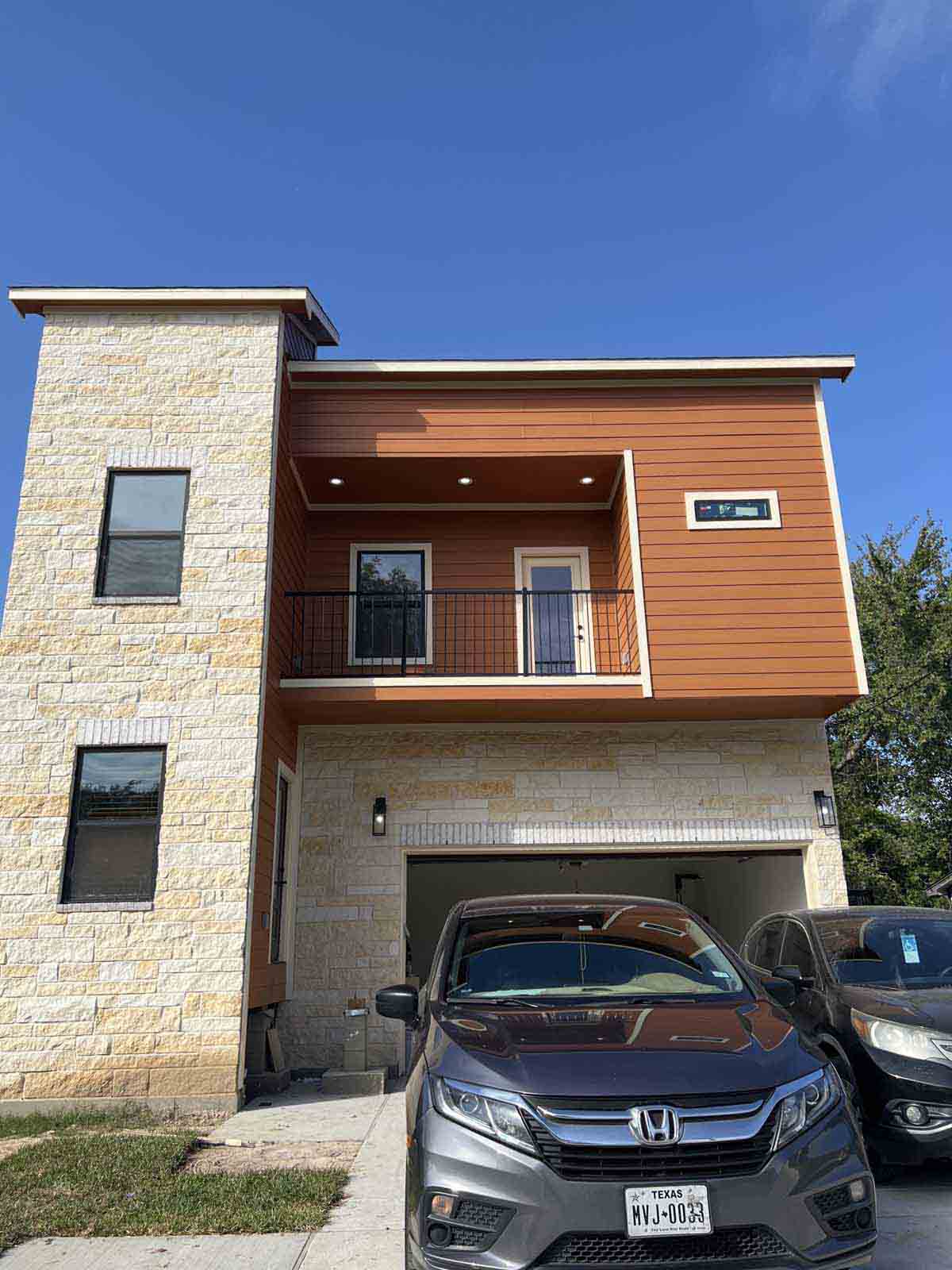Whole-House Systems Approach
Designing and building a new house or upgrading an existing house to be highly energy-efficient requires careful planning and attention to detail. A whole-house systems approach helps homeowners, architects, builders, and home improvement trades develop successful strategies for optimizing home energy efficiency.
This approach considers the house as an energy system with interdependent parts, each of which affects the performance of the entire system. It also takes the occupants, site, and local climate into consideration.
To ensure that your upgraded home takes full advantage of a whole-house systems approach, hire an experienced design and building team and insist that they use a whole-building systems approach from the beginning of the design process. Your designer can perform a whole-house computer simulation that compares multiple combinations of variables to arrive at the most cost-effective and energy-efficient solution.
These variables could include:
- Site conditions
- Local climate
- Appliances and home electronics
- Insulation and air sealing
- Lighting and daylighting
- Space heating and cooling
- Water heating
- Windows, doors, and skylights.
Some benefits of using a whole-house systems approach include:
- Reduced utility and maintenance costs
- Increased comfort
- Reduced noise
- A healthier and safer indoor environment
- Improved building durability.
You can use the whole-house systems approach with any home design. Once you’ve reduced your energy loads requirements as much as possible, consider adding renewable energy systems that generate electricity and heat water.
If you plan to design and build a new home or do an extensive remodel on an existing house, optimizing home energy efficiency requires a whole-house systems approach to ensure that you and your team of building professionals consider all the variables, details, and interactions that affect energy use in your home. In addition to how you use energy, the conditions of where your home is situated, and the local climate, these include:
- Appliances and home electronics
- Insulation and air sealing
- Lighting and daylighting
- Space heating and cooling
- Water heating
- Windows, doors, and skylights.
Before making upgrades, you may also want to work with an energy assessor to use the Home Energy Score. The Home Energy Score is a national rating system, developed by the U.S. Department of Energy, which provides a rating of your home’s current efficiency, as well as a list of improvements and potential savings. The Score reflects the energy efficiency of a home based on the home’s structure and heating, cooling, and hot water systems. The Home Facts provide details about the current structure and systems. Recommendations show how to improve the energy efficiency of the home to achieve a higher score and save money.


Recent Comments